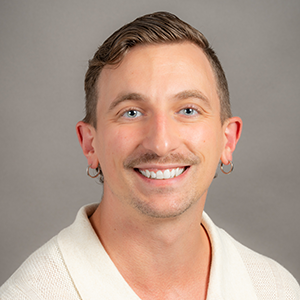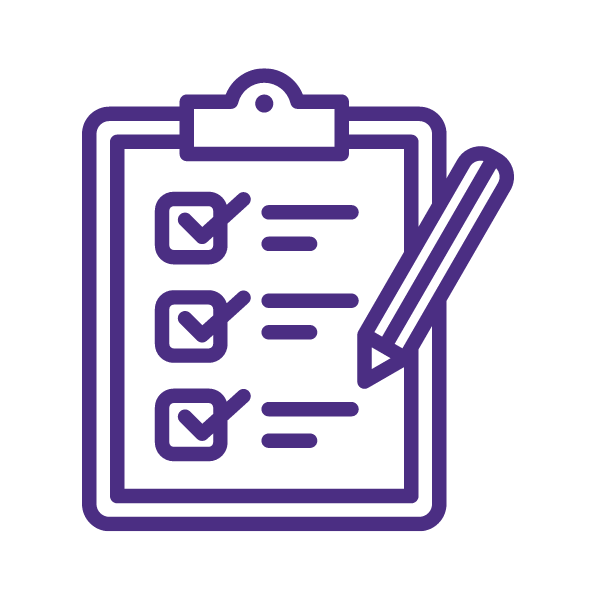NSG 570
Management of Substance Use Disorders & Other Addictions
Online 2-credit elective course available Winter 2026
Explore advanced concepts in prevention, diagnosis, and management of substance use disorders and other addictions, which include process addictions and common co-occurring conditions. Learn care management across the lifespan for all people impacted by these disorders at individual, population, and system levels, as well as ethical and legal aspects of care. This online course is hosted by the School of Nursing and available to all current UW graduate and doctoral health science students enrolled in State-funded or PCE programs.
A video message from Course Instructor Noah Weatherton
Course Instructor
Dr. Noah Weatherton, DNP-PMHNP, ARNP, is a psychiatric nurse practitioner working in outpatient community mental health in King Co., seeing clients for ongoing behavioral health and SUD treatment. He is a 2020 alumni of UW’s DNP program, and has served in the School of Nursing as a DNP guest presenter and Teaching Associate in the ABSN program. Dr. Weatherton has taught locally and nationally on male mental health and substance use, and is a board member for a national non-profit, Partnership for Male Youth.

 Screening, Evaluation & Medication Management
Screening, Evaluation & Medication Management
 Multi-Substance
Multi-Substance
 Therapeutic & non-stigmatizing communication
Therapeutic & non-stigmatizing communication
 Across the Lifespan
Across the Lifespan
"Our aim for this course is to provide students a deeper understanding of substance use disorders and the factors behind addiction. With an emphasis on evidence-based, person-centered care, students will further their skills and knowledge on how to approach SUD assessment and treatment with humility, equity, and social justice values."
By the end of this course, students will be able to:
Demonstrate proficiency in evidence-based and person-centered prevention, diagnosis, and management for substance use disorder and other addictions among individuals and populations across the lifespan.
Develop advanced understanding of neuroscientific and biopsychosocial factors that contribute to substance use disorder and other addictions, and multimodal theories that describe and explain the development, pathophysiology, and prevalence among individuals, groups, and marginalized communities.
Critically evaluate safe, effective, and ethical biopsychosocial interventions for substance use disorder and other addictions among individuals, groups, and marginalized communities by synthesizing current and emerging evidence-based practice.
Analyze topics in professionalism and leadership in interdisciplinary practice environments and community collaborations to enhance care at the population-based and system level.
Evaluate care delivery approaches that meet current and future needs of patient populations based on evidence-based practices, emerging science and technology, and organizational or community needs.
Deconstruct biases, laws, and policies that affect delivery of care through the lens of antiracism, equity, and social justice.
2 Credit Elective
Online, asynchronous lectures and coursework
Expert Guest Lectures
- Practitioners working in the field
- Experienced educators
- Folks with lived experience
Standardized Patient Experiences
- In collaboration with the UW School of Nursing Simulation Center
- Four Unique Standardized Patients
Buprenorphine Training
Completion of course meets DEA training requirement to prescribe buprenorphine in Washington State
- Theories of Addiction
- Harm Reduction and Community-Based Research
- Addiction Neuroscience
- Motivational Interviewing
- Bias, Stigma, Values and Clinical Motivational Interviewing
- Continuum of Care
- Infectious Disease
- Co-Occurring Mental Health Disorder
- Opioid Use Disorder
- Kratom
- Nicotine/TUD
- Gambling and other Process Addictions
- Alcohol Use Disorder
- Stimulant Use Disorder
- Cannabis Use Disorder
- Adolescent SUD
- Peripartum SUD
- Male SUD
- SUD Treatment Modalities
- Relapse Prevention
Supported By:
